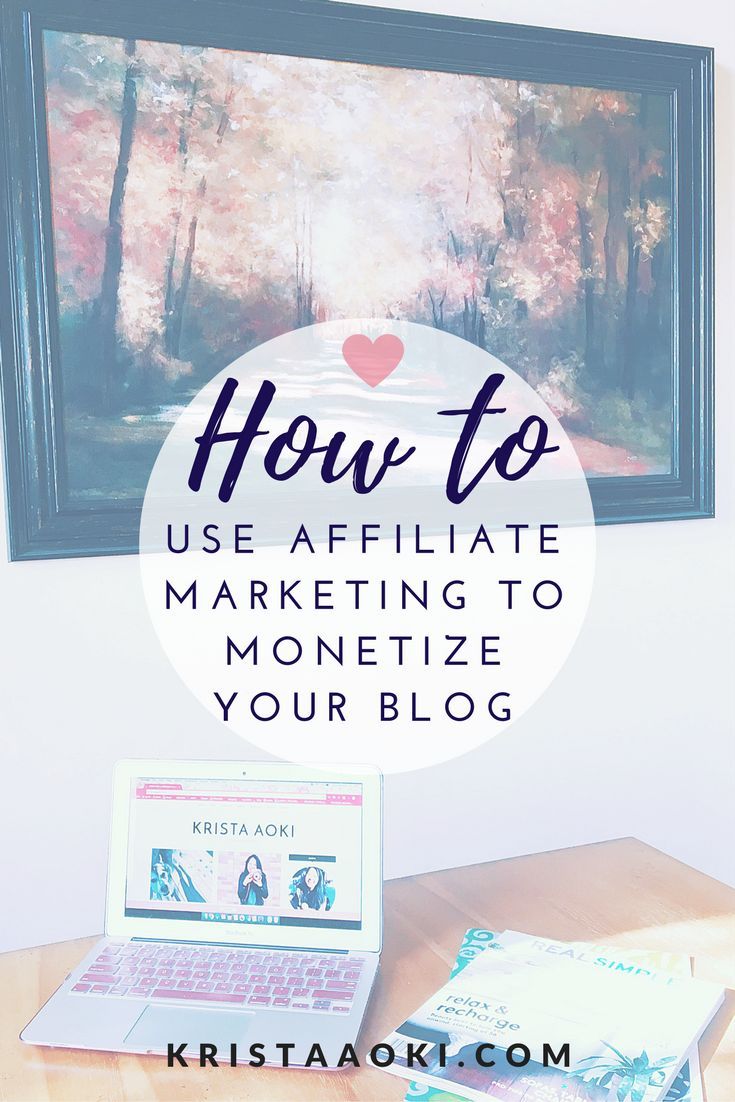
Blogs are a class of website designed for keeping online journals. In fact, the name is a mash-up of the words “web log”.
Blogs represent a social phenomenon, so they are constantly evolving. The internet itself is changing very fast, so pinpointing a single definition for a blog is a hard task.
A blog can be a lot more than a simple diary but, at its most basic, a blog is a website with updates displayed in reverse-chronological order (the newest info is at the top of the page).
Much to the chagrin of many an English teacher, “blog” is also used as a verb, meaning to update or add content to a blog.
If you were ever going to be interested in the weird and wonderful world of blogging or, for that matter, having any type of website of your own, chances are you would have made a start by now, and you probably know what I’m on about already.
However, if you’re just starting out in the online community, there are a few websites that can help you understand what a blog is and how you go about setting one up for yourself, or for a group or association. My favourites are at www.tinyurl.com/wordpress- intro and www.tinyurl. com/blogger-tour, but you can just as easily type “What is a blog?” into Google, and learn that way.
Blogs exist for everything from goldfish (www.thegoldfishblog. com) to Tiger Woods (www.tinyurl.com/ tigerblog) and anything in between. You don’t even need a website to start blogging: there are many free services that allow you to set up and use a blog, and they’ll even cover the cost of hosting the site.
All you have to do is choose a blogging service provider, sign up for an account (no payment or financial information is required), log in and follow the beginners guides.
You’ll be able to log in and start blogging once you’ve verified your e-mail address. Pre-defined templates are available on all the leading blogging services. Customise these to personalise the look and feel of your site.
As these templates have been made by experienced web designers, they are generally very slick and polished – unlike most first-time DIY web designs, which are a real eyesore to a savvy web user.
Blogs are so simple to set up and use that there isn’t really a reason not to have one if you’re a “communicator” – and who isn’t? Arrange social events and then use the same blog to share the photos – you could also blog to stimulate political debate or just share favourite recipes – the choice is yours. You can write a blog on a specific topic or have several blogs about a variety of subjects. You can write as little or as much as you like about anything and everything. You can add photos, music or videos to a blog. (Video-blogging has, predictably, been dubbed “vlogging”.)
Blogs can be fantastic business tools too, as they make the chore of updating a website quick and easy. Keeping your business’s website fresh and up-to-date in this way means customers are likely to return to it.
The added web traffic to your website will in turn help it to appear higher up in search engines’ results pages – which is good news for your business.
Before I talk any more about blogs, get one going for yourself. I use Wordpress at www.word press.com – it’s incredibly easy to get started, just click “Sign Up Now” and follow the prompts.
An alternative is Blogger (www.blogger.com), which is owned by Google – their sign-up process is just as simple.
[“Source-iol”]

